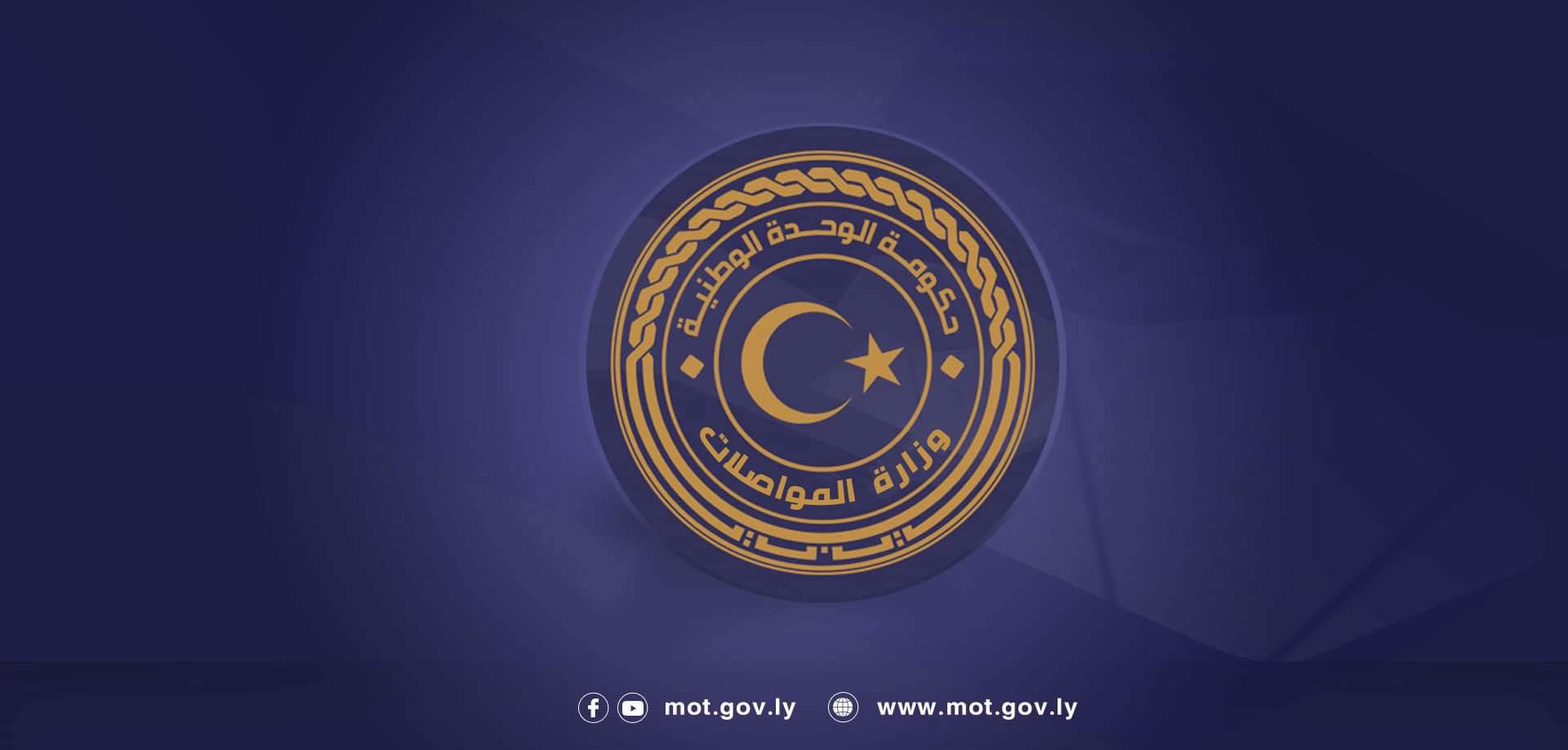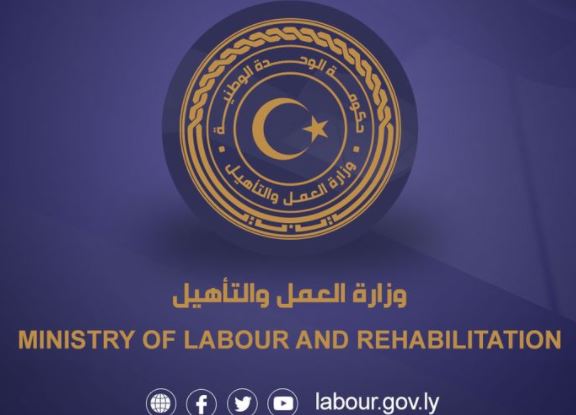By Sami Zaptia.
London, 27 July 2020:
The Economic Salon, a Libyan policy reform think-tank made up of the country’s elite administrators, managers, politicians, activists, media personalities, academics, and businesspeople, has proposed reforms for Libya’s fuel subsidies.
This follows its reform proposal earlier this month for the country’s ailing electricity and renewable sector.
The reform proposal says that for decades the policy of Libya’s fuel subsidies has been considered as one of the problems yet be solved. It says a considerable amount of discussions and recommendations have been made over the years with no tangible steps taken by any of the successive Libyan governments to rectify this issue.
It says that all previous governments have feared the public’s reaction to any fuel subsidy reform, but points out that such a government policy that opens up the doors for corruption and smuggling of resources should not continue, and that the tampering with the riches of the Libyan state must be terminated.
Based on one of the recommendations mentioned in a statement by the Economic Salon that was published in June 2020 which stipulated “the necessity of cancelling or replacing fuel subsidies”, to stop corruption, end smuggling and rationalize consumption, while building a deliberate and fair social security umbrella, through which cash support can be provided direct to those who deserve it, a committee of the Salon members and experts was formed to discuss in detail the fuel subsidies policy in Libya.
The committee started by highlighting the problem of fuel subsidies and analysing its various aspects, leading to the formulation of some of the recommendations reviewed in this report, which in turn opens the horizons for solutions.
It explained that fuel subsidies are not considered a distribution of wealth that all people have a right to, but is a cost borne by the government as a matter of social responsibility towards a certain group in society.
The Salon also reviewed the economic and financial impacts of the removal of fuel subsidies and its impact on product prices, services fees and the state budget deficit, in addition to what role a fair exchange rate may play in the success of the policy of fuel subsidy removal.
The reform proposal addressed the past experience of other subsidy removals in Libya, and reviewed the subsidy system in general, guided by the experiences of other countries, with the need to find effective channels of communication with the Libyan people to highlight and focus on the policy of subsidy removal prior to its adoption.
The proposal concluded its recommendations by calling for the removal of fuel subsidies in one go rather than gradually, to avoid a prolonged crisis, and also called for the subsidy not to be fully replaced with public cash paybacks because this would cost the state huge sums that it cannot meet during Libya’s current circumstances.
It also recommended the full removal of diesel subsidies, without any cash paybacks and the removal of petrol with cash paybacks, and the full removal of subsidies to state enterprises and public companies.
The Salon is working on a number of other reform proposals to be published soon. All its reform proposals are delivered to all of Libya’s key stakeholders.
The full paper in Arabic can be obtained from the Salon’s Facebook page.
Copyright Libyan Economic Salon.
Libya’s Economic Reform Salon proposes reforms for the country’s electricity sector










